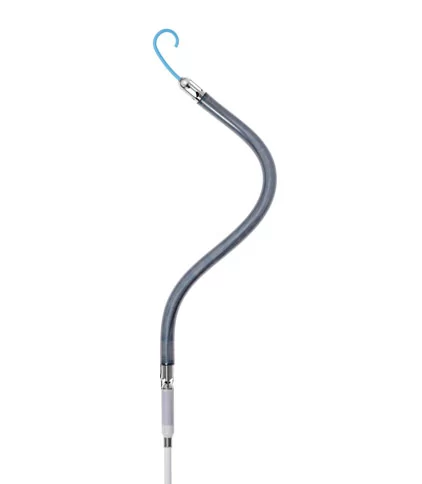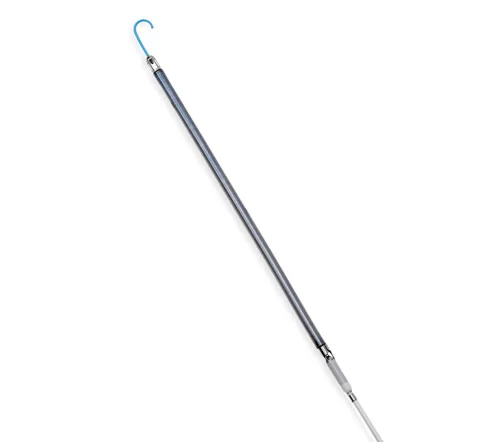
Impella®
Impella Platform

SmartAssist technology gives medical providers insights to help them improve patient outcomes

Mom of three enjoys life with her family after surviving cardiogenic shock.
Jenna was taken to the catheterization lab in cardiogenic shock with a reduced ejection fraction of 20 percent and a complete blockage of her left main coronary artery. Dr. Stanley Zimmerman implanted the Impella CP® heart pump before placing stents. After a few days of support, her heart function dramatically improved to 45 percent, and Impella was weaned and removed.
Downloads
References
- O’Neill, W.W., et al. (2012). Circulation, 126(14), 1717-1727.
As with any medical treatment, individual results may vary. Only a physician can determine whether Impella is an appropriate course of treatment. There are potential risks including acute renal dysfunction, Aortic valve injury, Bleeding, Cardiogenic shock, Cerebral vascular accident/Stroke, Death, Hemolysis, Limb ischemia, Myocardial infarction, Renal failure, Thrombocytopenia and Cardiac or Vascular injury (including ventricular perforation). These risks need to be discussed with your doctor and recovery takes time. The success of this procedure depends on many factors, including your physical condition and your body’s ability to tolerate the procedure. Use care in the selection of your doctors and hospital, based on their skill and experience.
IMP-1693







